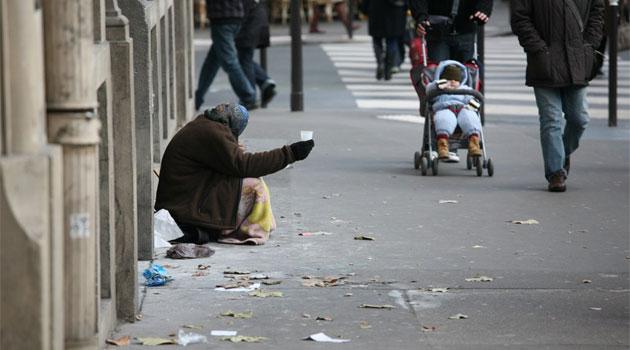Danish Parliament approves harsher law against begging but stops short of requiring deportations

Earlier this month the Danish Parliament approved a harsher law against begging in Denmark with a clear majority vote. Deutsche Presse-Agentur (DPA) reports that among those who beg in the northern European country, eastern European Romani immigrants are frequently represented.
The new law will take effect at the end of this month. The Government-advocated measures ban begging in pedestrian zones, in front of shopping centers, at train stations, on trains, and on all other public transportation.
Danish Justice Minister Sören Pape Poulsen welcomed the MPs’ vote and said the center-right minority Government had responded decisively to the problem. “We will not allow people to camp out in public, to use our cemeteries as toilets, and to beg on trains,” the politician from the Conservative People’s Party declared.
The new regulations double the prison time for those who commit begging as a first offense. They can now be sentenced to up to two weeks in prison.
Recidivists are at risk of being deprived of their liberty for months. Repeat offenders can also be convicted without prior warning from police.
Nevertheless, legislators did not accept an amendment from the populist, right-wing Danish People’s Party that convicted perpetrators who are foreign nationals be deported. Marlene Malle Granild, a representative of a Danish homeless people’s organization, disagrees with the adoption of the law.
“By adopting this law you are criminalizing people. You are increasing the crime rate instead of lowering it,” Granidl told politicians on Denmark’s TV2 Lorry television program.
Granild is one of a group of about 10 homeless people who organized a peaceful demonstration in Copenhagen against adopting the law. Anna Mee Allerslev, who is in charge of the employment and integration agenda for the city of Copenhagen, says it will be difficul for police to enforce the new law.
“How are police to know whether somebody is a beggar and not a street artist, a so-called busker?” she asked. “In the worst-case scenario people will just return to the streets when they are released from prison and the entire process will cost the taxpayers a lot of money.”
